Chinese people have never had the freedom to listen to music
This article was first sent on 2019-04-13
Yesterday, a domestic singer surnamed Li was banned from the entire network due to "misconduct". Not only did major music platforms quickly remove his songs from the shelves, but his dual WeChat accounts were also tragically cancelled. This incident is not an exception - from Teresa Teng to Cui Jian, from PGONE to Jacky Cheung, music censorship has never stopped since the founding of the People's Republic of China. Looking at the history of thousands of years, we will find that the Chinese have never had the freedom to listen to music.
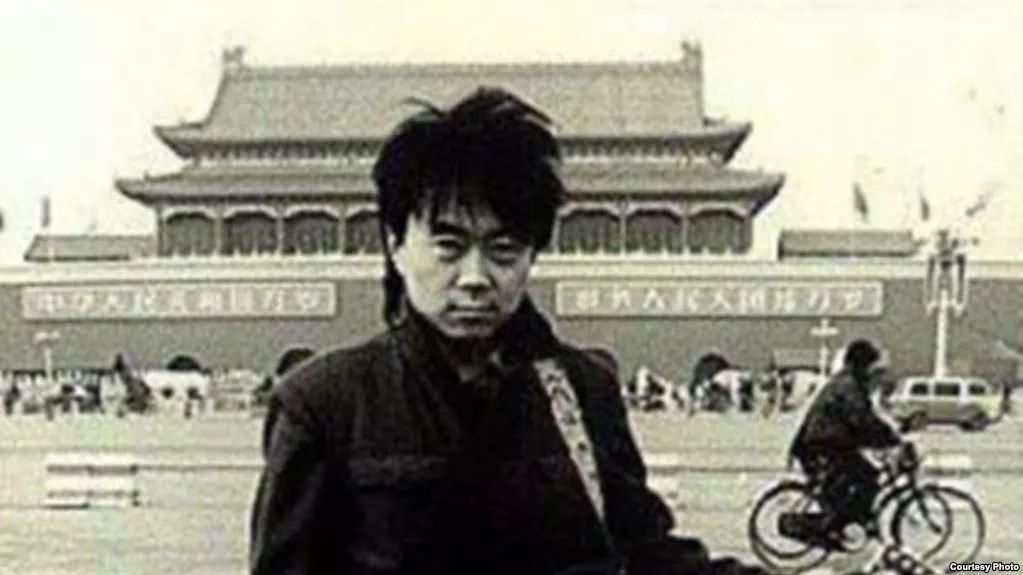
The origin of music can be traced back to ancient times. In "Wuyue Chunqiu", there is a song and dance lyrics that are said to be in the era of the Yellow Emperor - "Dan Song". Each Chinese character vividly expresses the pursuit and yearning of human beings for a better personal and family life in the process of labor in a primitive society with low productivity.
However, the "scales" and "twelve laws" that symbolize the creation methodology were produced in the Zhou Dynasty. With the establishment of a complete music theory system, Chinese music has gradually become a tool for the ruling class to rule. The music at that time was used by slave owners, and the music and dance made for each generation that appeared from the Yellow Emperor to the Zhou Dynasty has been generally called "Six Generations of Music and Dance". The rulers of the Zhou Dynasty used the "Six Dynasties Music and Dance" to worship the heaven and earth, the sun and the moon, mountains and rivers, and ancestors respectively, making the "Six Dynasties Music and Dance" a model of ancient Chinese elegant music, consolidating their patriarchal society and carrying out ruling activities.
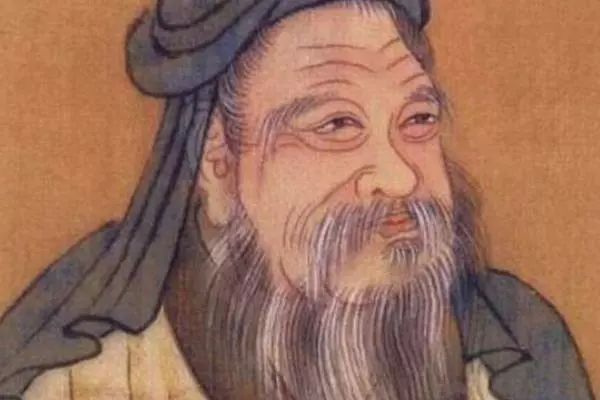
The royal family of the Western Zhou Dynasty also formulated a social system called "li and music". The so-called ritual music system refers to the idea and system that "music" is subordinate to "ritual". It has strict regulations on music county (sound suspension), dance sequence, music use, etc. Therefore, in the rituals and ceremonies of sacrifices, banquets, and congratulations, various kinds of music are stipulated to match it. . The combination of ritual and music can not only maintain the hierarchical order within the slave-owner aristocracy, but also effectively rule the people.
The rulers of the Zhou Dynasty pioneered the use of political means to manage music. In the following thousands of years, this state-controlled model of music has been carried forward by countless rulers.
During the Spring and Autumn Period and the Warring States Period, folk music was prevalent, and the representative one was the "Voice of Zheng Wei" of Zheng and Wei. However, Confucians believe that "Zheng Wei's voice" is "Sangjian's voice (promiscuous music)", "what is desired by a chaotic country" and "said by the decline of morality". So in 7 BC, Emperor Ai of Han ordered to "dismiss Yuefu officials" and cut 441 people who "should not pass the law" or "the voice of Zheng Wei".
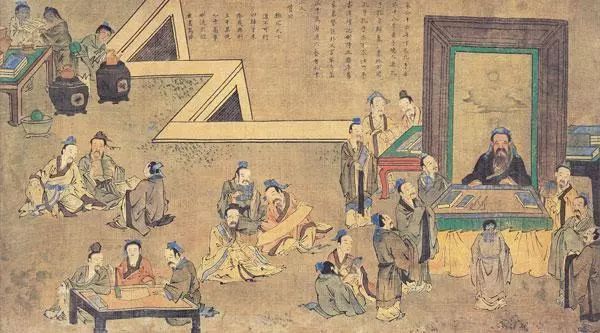
The ban on folk songs has long existed. During the reign of Dong Zhuo, the people living in dire straits created the ballad "Dong Escape". The first half of the song describes Dong Zhuo's fortune and prosperity, and then he turns his pen and begins to denounce Dong Zhuo's shameless act of coercing the Han Xian Emperor to move the capital, which led to the displacement of the people and the toil of life. The folk song was banned as soon as it was sung, and it was described in "Customs and Tongyi" as follows: "Zhuo used the song "Dong Fu" for himself, and it was banned."
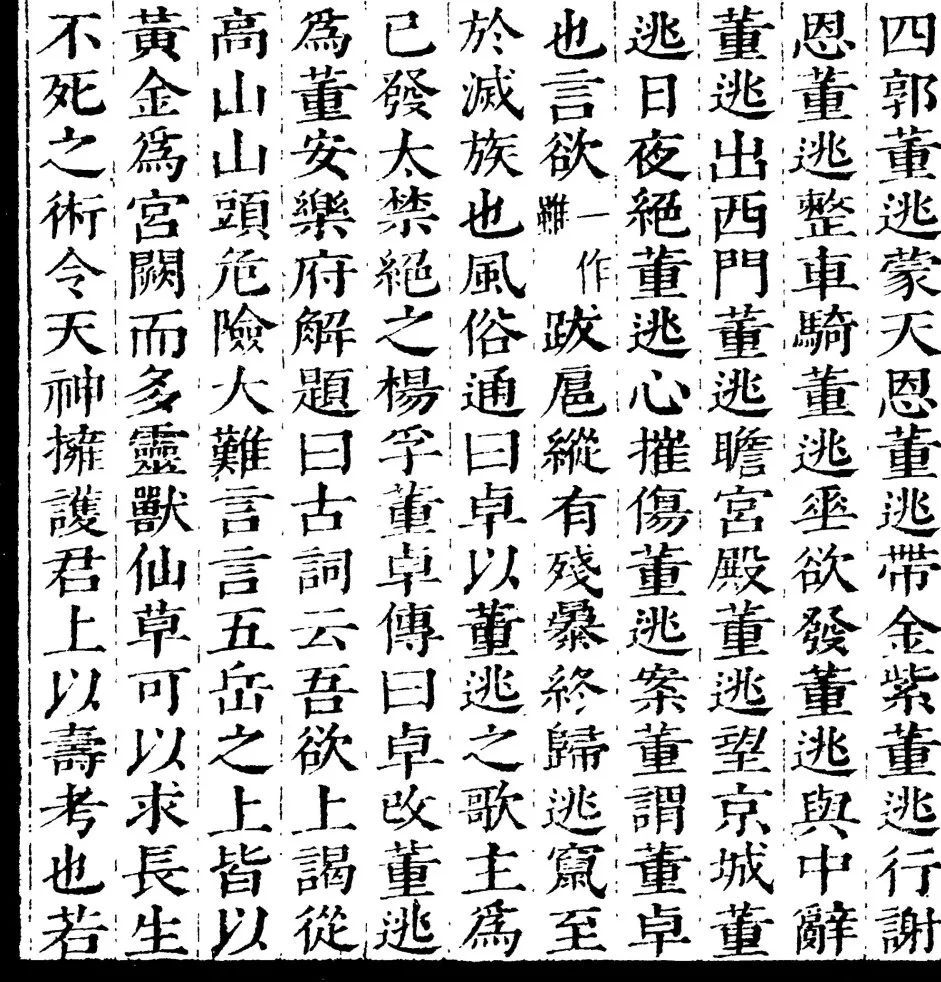
Writing satirical songs may also lead to fatalities. In the second year of Zhishun's reign in the Yuan Dynasty, Yingzong was a drunkard, and he acted as a force, and no one dared to advise him. The artist Shi Luoer Jiaofang sang a song at the banquet, and a song "Happy in the Palace" was slightly satirized with the word "Dionysus", and was immediately "killed by anger." In Qing Dynasty, which is famous for its literary prison, there are countless cases of this kind of "crime for songs".
After 1949, music, along with other cultural undertakings, also had a socialist character. As early as May 1942, Mao's "Speech at the Yan'an Literature and Art Symposium" published in northern Shaanxi called on art workers to create works of art that workers, peasants and soldiers like to see, and "music experts should pay attention to the singing of the masses"; At the beginning of the founding of the People's Republic of China, he also emphasized the same point of view in "Conversations with Musicians".
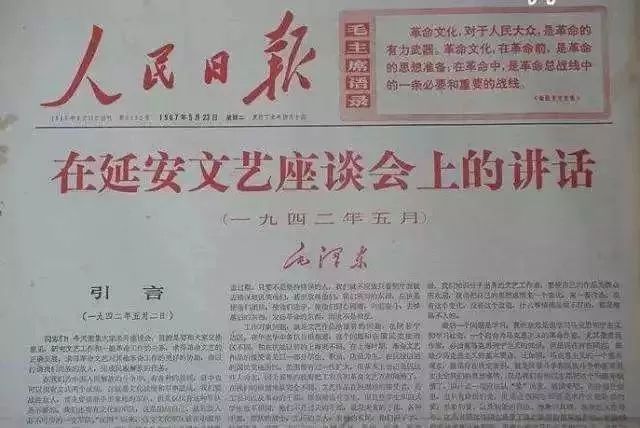
With the change of China's political ecology, almost all literary and artistic works at that time were used for political use, and the creation of songs certainly could not escape this fate. Lin directly claimed: "Teaching a good song is actually an important political lesson." After the outbreak of the riots in 1966, the "Quotations Songs" composed of quotations from Mao, Ma, Si and even Lin swept the country; at the same time, the critics were also expected to sing a confession song called "Howl." At this time, music is no longer music itself, but an appendage of politics.
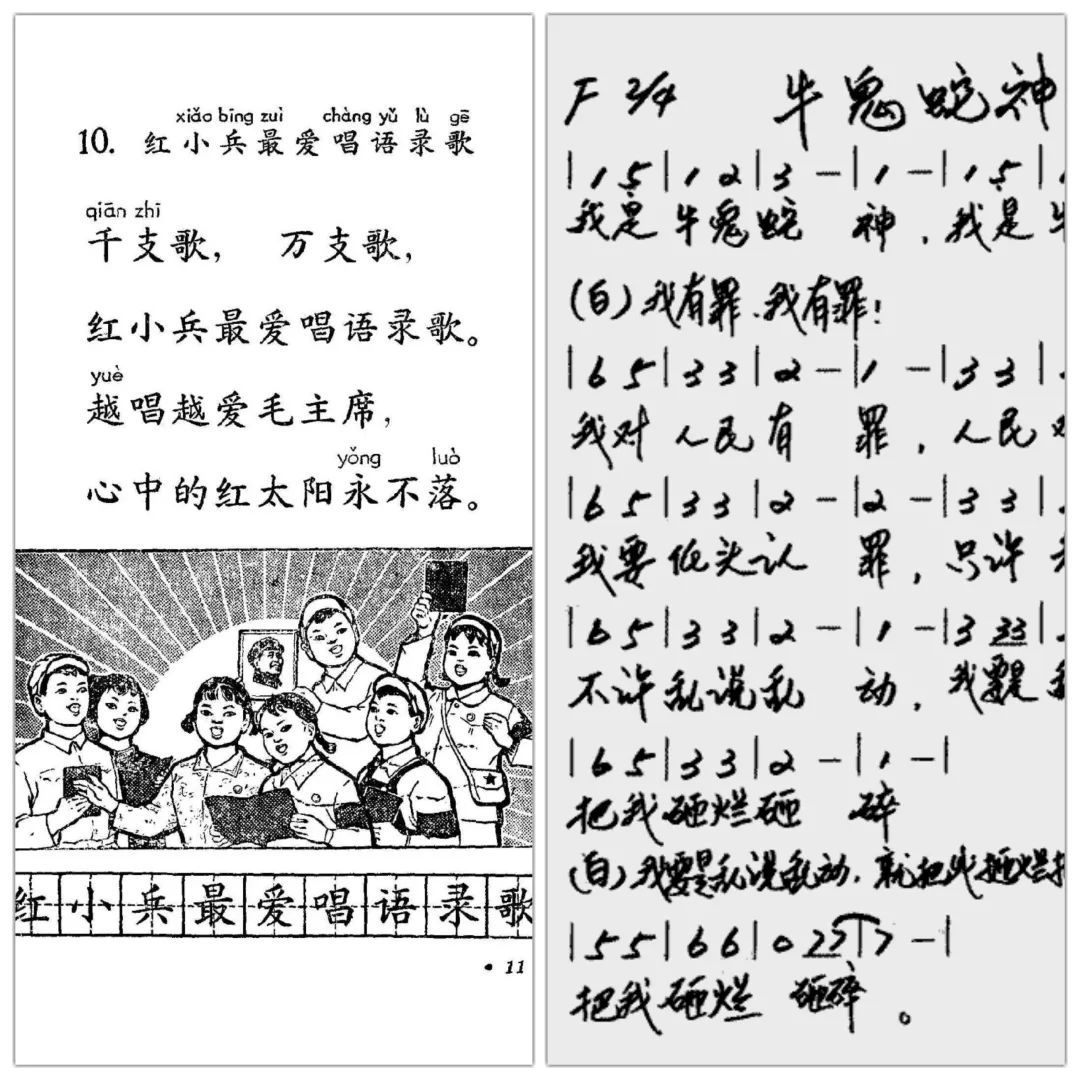
After the reform and opening up, although the policy has become looser than before, music still cannot escape the clutches of censorship. In 1980, the China Music Association held a meeting in Xishan, Beijing, to discuss and criticize Teresa Teng's songs. Experts from the orthodox academy believe that some of Teresa Teng's songs are relatively dark and decadent in content, and belong to "extraordinary sounds" and "yellow songs", and they especially severely criticize the theme of the song "When Will You Come Again", which she sang. "People's Music" magazine analyzed that "this is not a love song, but a flirting song, not an art song but a commercial song, a relationship between a rich dancer and a dancing girl who sells laughter." Characterized as "the yellow song of the thirties".
The funny thing is that this song was also banned during Jiang's reign, because he thought that the homophonic "He Rijun Come Again" refers to "He Rijun Come Again".
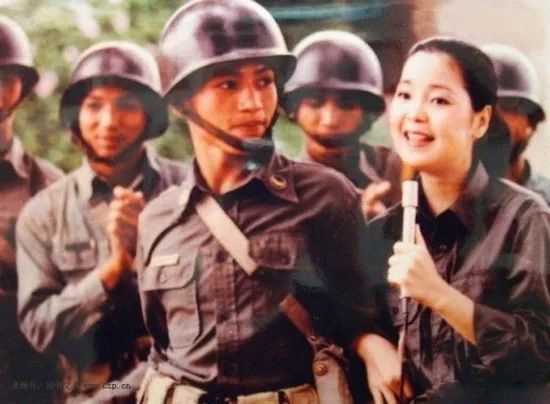
"Misconduct" is just a trumped-up charge. It can be "the voice of the mulberry", it can be "criminal", or it can be simply "angry scolding left and right". The emperors of all dynasties in China have unlimited right to censor art. In short, you don't need a reason to ban you.
The rulers of this land have some commonalities, or inferiority. They don't want to communicate with the people, they don't even want to listen to the people's voice, they always think the only way to solve the problem is to stop the people's mouth.
Li Zhi is not the first singer to be gagged, nor will he be the last. Behind this incident, the power system that ignores the rules is what frightens us the most.
references:
Chronicle of Ancient Chinese Forbidden Dramas by Ding Shumei
"Overview of the General History of Chinese Music" Chen Bingyi
"Singing Behind the Singing" Zhao Min
Like my work? Don't forget to support and clap, let me know that you are with me on the road of creation. Keep this enthusiasm together!
